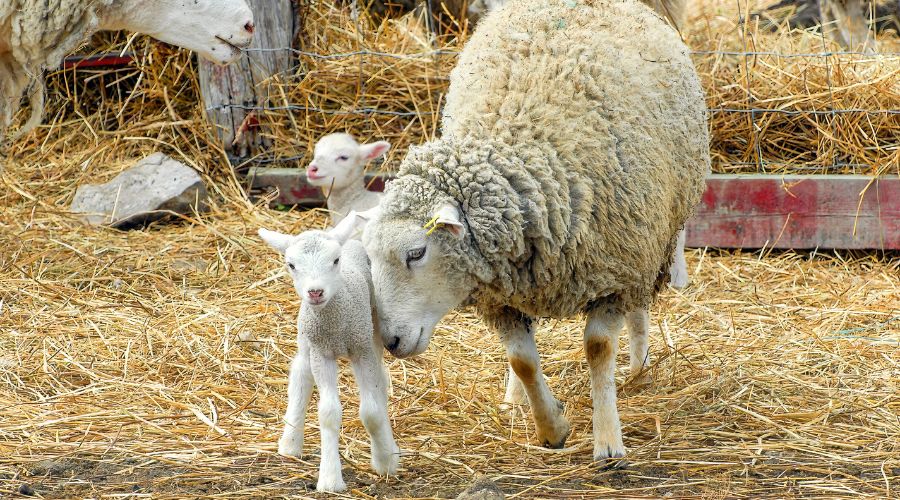Sudden rise in temperatures prompts fly risk warning for sheep
16th July 2024
A sudden increase in temperatures and continued localised rain mean farmers must be vigilant for fly issues in sheep and take steps to prevent significant production losses from occurring, Zoetis experts warn.

Flies cause major economic and production losses in sheep and not only attack, irritate, and feed on sheep, but can also transmit diseases.
Zoetis experts added that recent modelling suggests that when no fly control treatment is used during extended blowfly seasons, up to 9% of ewes and 19% of lambs could be at risk of blowfly strike alone.
Labour costs to treat a struck animal have been estimated at £12, with an additional cost of £10 based on a reduction in growth rates and a delay in getting lambs to market.
Significant and long-term impact
In sheep, more than 5.5kg of weight can be lost over four to six days, reducing wool production by up to 26% in blowfly strike cases.
However, the impact on ewes can be more significant and long-term, with fly strike often causing ewes to lose at least one body condition score. This could directly affect their condition at mating and lead to reduced fertility, and a significant impact on the subsequent lamb crop.
Zoetis explained that early treatment of ewes and lambs is an important part of the lowest-cost and most effective strategy for managing flies at grazing. Additional treatment post shearing can also help protect ewes when the risk of blowfly strike is highest.
Farmers are advised to ensure the product they choose manages the correct fly species for that farm and time of year. This should always be done in consultation with the farm’s animal health provider.
READ MORE: Waiting to treat flystrike leads to major performance impacts, expert warns
Appropriate treatment
Zoetis vet Patricia van Veen explained: “It’s important to know what you are trying to achieve with a treatment at this time of the year. What type of fly are you protecting stock from, i.e. nuisance, biting or blowfly, not all treatments will be effective against all flies. Are there management strategies you need to implement, are other ectoparasites like ticks important on your farm?
“Some products will help control blowfly, or also nuisance and biting flies, some can treat strike in affected sheep. The volume and method of application are specific to the product, and correct application is important to ensure the products work well. Your animal health adviser has information that helps you find the most appropriate product and how it is best used.
“Dysect for sheep can prevent blowfly strike for up to 10 weeks, treat active blowfly strike, and control ticks for up to 12 weeks. Fly & Lice Spot On can be used for established blowfly strike and also controls ticks.”
Farmers can also reduce fly issues by managing areas that provide breeding grounds for flies, such as dung heaps and pools of water. Flies are also known to be more of a nuisance where stock are grazing taller grasses and areas with many trees, where wind speeds are reduced.
Mrs van Veen added that farmers should be extra vigilant and on top of fly control when grazing high-risk areas.
Read more livestock news.
